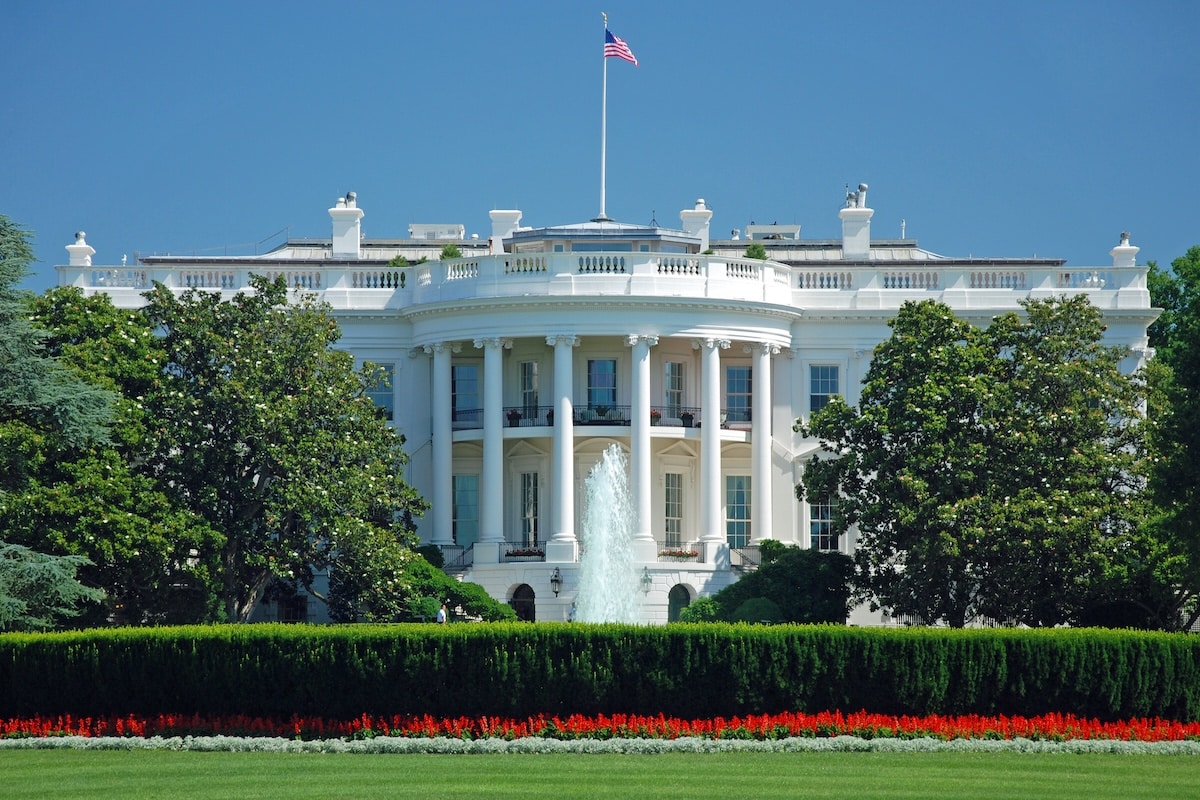Fresh controversy hit the Capitol this week. A study published in the Election Law Journal claimed that politicians on both sides of party lines use loopholes to break campaign finance rules. Here’s the full story.
Understanding Red-boxing
According to new research published in the Election Law Journal, widespread corruption exists in politics—a fact that might not surprise many. According to Ph.D. researchers at the University of Chicago and the Campaign Legal Center, politicians are sidestepping laws that prohibit them from coordinating with outside spending groups like super PACs to have more money spent on their campaigns – a tactic called “Red-boxing.”
The FEC bans campaigns from coordinating with super PACs on advertising activities. This effort ensures fairness and transparency in elections by preventing undue influence on voters. Any violations can lead to fines and sanctions.
A Lack of Enforcement
Red-boxing, however, seems to be above any form of sanctions, and the FEC has essentially endorsed the strategy with previous comments.
When Pete Buttigieg’s 2020 presidential campaign was accused of breaking the rule against working with outside groups by sharing a suggested ad strategy on Twitter, the Federal Election Commission wrote, “The request or suggestion standard is meant to cover requests to select audiences, not statements to the general public.”
Red-boxing is a bipartisan tactic used by both Democrats and Republicans. While it might be considered a shady practice, there’s not much cunning involved. Red-boxing actually occurs openly on official campaign websites and party microsites, where instructions are conveyed in coded or technical language within a distinct red-bordered text box – hence the name.
The Significance of the Red Box
This red box makes it easy for super PACS to recognize what they need to do, and as it’s such a common occurrence, it’s easy to find examples.
“Voters, especially women over 50 and voters outside Pittsburgh, need to know that they have a choice to make between Bhavini Patel and Summer Lee,” reads an example from Pennsylvania candidate Bhavini Patel, which is, of course, outlined by a red box.
Bhavini Patel’s Strategy
Patel paints a clear picture of the angle that she would want any advertising to cover: “Bhavini is a principled progressive and lifelong Democrat who will fight for abortion rights and freedom from gun violence. She stands firmly with President Biden in the war against MAGA extremism.”
The Election Law Journal research explains that campaigns primarily use red-boxing for two purposes: to amplify their primary message to voters by engaging allied outside groups or to delegate specific messages, often negative attacks on political opponents, to these groups.
Patel hits both of these markers, as her red box goes on to state, “Summer Lee wants to “dismantle” the Democratic Party, she undermines President Biden and even wants to “abolish” the police at a time when our rights are in jeopardy, the fate of democracy is on the line, and we have zero margin for error.”
Lee’s campaign website also utilizes the same tactic, with her recently updated red box stating, “As a first priority, Democratic primary voters need to see and see on the go that the attacks against Summer are lies and that our opponent is being propped up by a super PAC funded by PA’s richest Republican billionaire, Jeffrey Yass and bankrolled by Republican donors, taking tens of thousands of dollars from the same donors who fund Donald Trump, Ted Cruz and Dr. Oz.”
The Scope of Red-Boxing in Elections
The research found that over 200 Senate and House candidates employed redboxing during the 2022 elections. These candidates frequently benefited from super PACs spending hundreds of times more than those who did not utilize redboxing.
The research proposes nationwide legal reforms to regulate redboxing to solve this issue. Both Philadelphia and Allegheny County, PA, recently voted to close these loopholes, and their models could potentially serve as the groundwork for nationwide reform.
Reforming these laws will prevent redboxing while preserving genuine political speech and ensuring elections remain free and fair.
The post Politicians Bend Campaign Finance Rules And Skirt The Law for Their Benefit, Study Finds first appeared on Swift Feed.
Featured Image Credit: Shutterstock / Vacclav.

